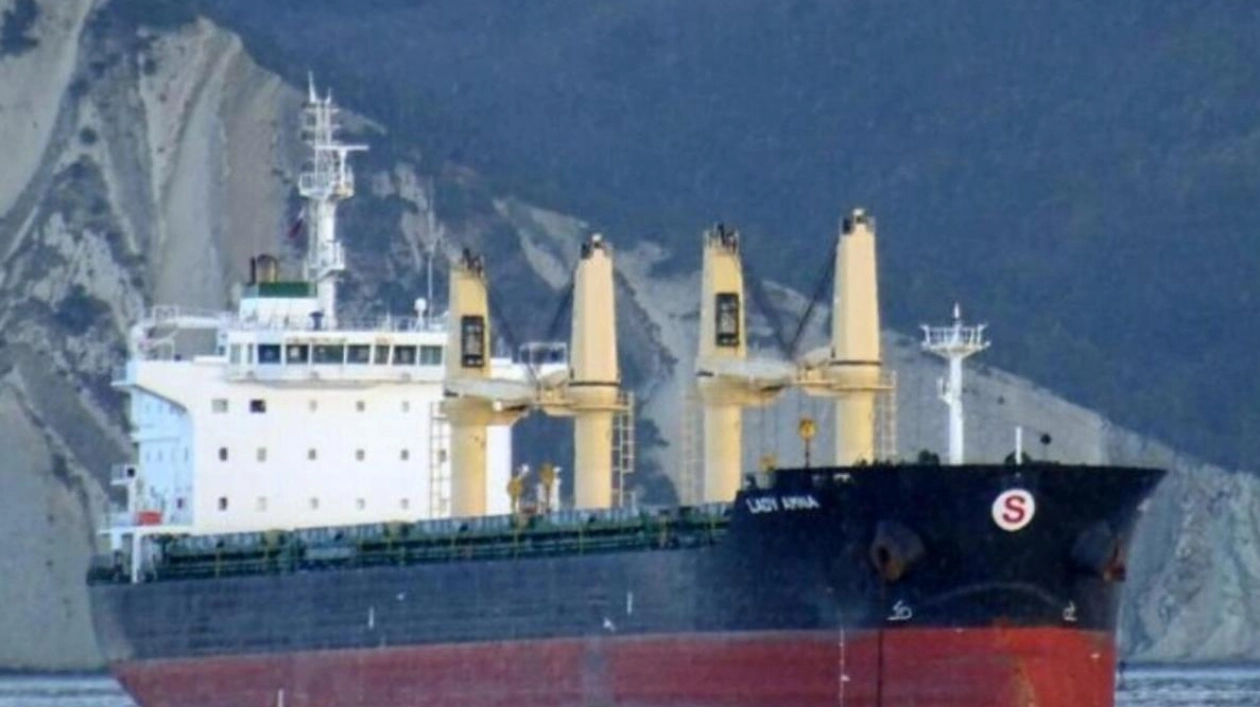British coastguards have confirmed that the Ruby is seaworthy and holds valid safety certificates. — Photo courtesy: VesselFinder
A ship damaged by a storm and carrying a potentially explosive cargo has been stranded in the North Sea for weeks, as European ports refuse to accept it. The Maltese-flagged Ruby is the latest in a series of unwanted vessels left in limbo due to the hazardous nature of their cargo. These ships, sometimes referred to as 'timebombs', can remain stranded for weeks or even months.
The Ruby, a Handymax bulk carrier, is loaded with 20,000 tonnes of ammonium nitrate, a substance more than seven times the amount that caused the devastating explosion in Beirut in 2020. After departing from the Russian port of Kandalaksha on August 22, the vessel encountered a storm in the Barents Sea and was forced to seek refuge in Tromso, Norway, for damage assessment. Subsequently, it was ordered to leave and proceed to another port for repairs, but was turned away by Lithuania, which demanded the cargo be offloaded first.
Since September 25, the Ruby has been anchored off the southeastern coast of England near the Dover Strait, one of the world's busiest shipping lanes. British coastguards have stated that the Ruby is seaworthy and holds appropriate safety certificates, but it remains moored off the English coast with its Syrian crew still on board.
The Ruby's Dubai-based managers are seeking to offload the cargo in a UK port to allow the vessel to undergo repairs in dry dock. Finding a solution has been logistically challenging, contributing to the delay. Ports willing to accept such a hazardous load are scarce.
Experts like Eric Slominski, who specializes in shipping dangerous goods, believe the situation can be managed despite the cargo's association with the Beirut disaster. Nicolas Tanic from the French marine pollution organization Cedre clarified that the Ruby's cargo is a combustion agent for fires, not an explosive.
The French shipowners' body highlighted other risks associated with accepting such vessels, including the potential for grounding and long-term port closures. Unloading the Ruby's cargo is a costly and time-consuming operation.
Following the Erika disaster in 1999, the European Union strengthened maritime safety laws, requiring EU states to provide refuge for ships in distress. However, these rules are open to interpretation, as seen in the case of the MSC Flaminia in 2012 and the Purple Beach in 2015.
Source link: https://www.khaleejtimes.com






